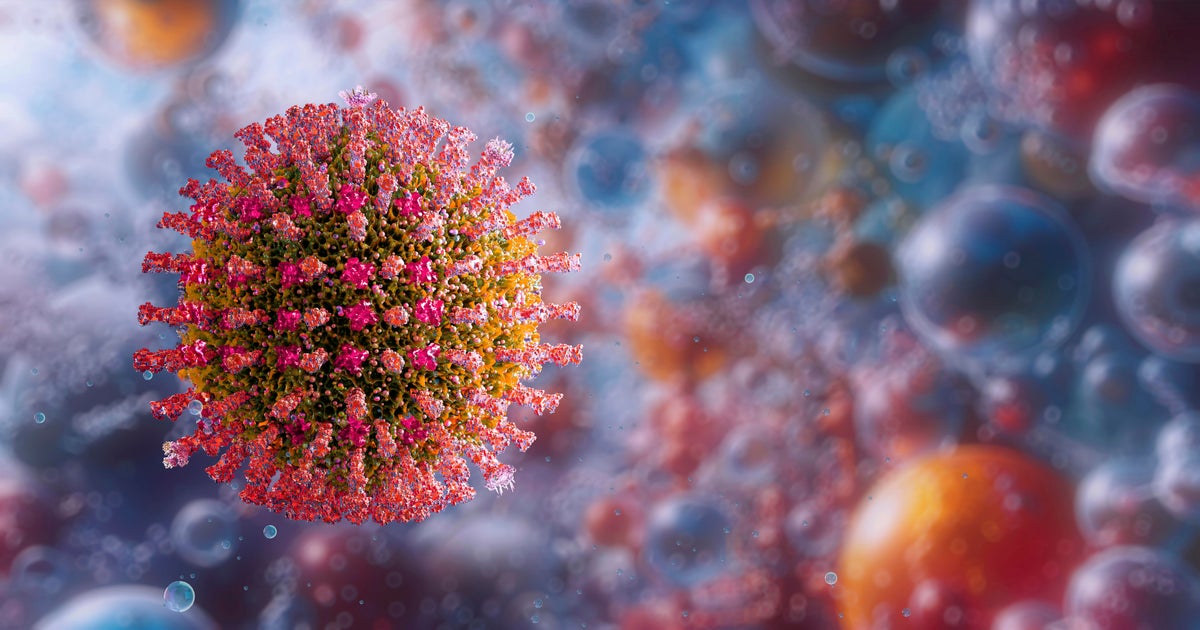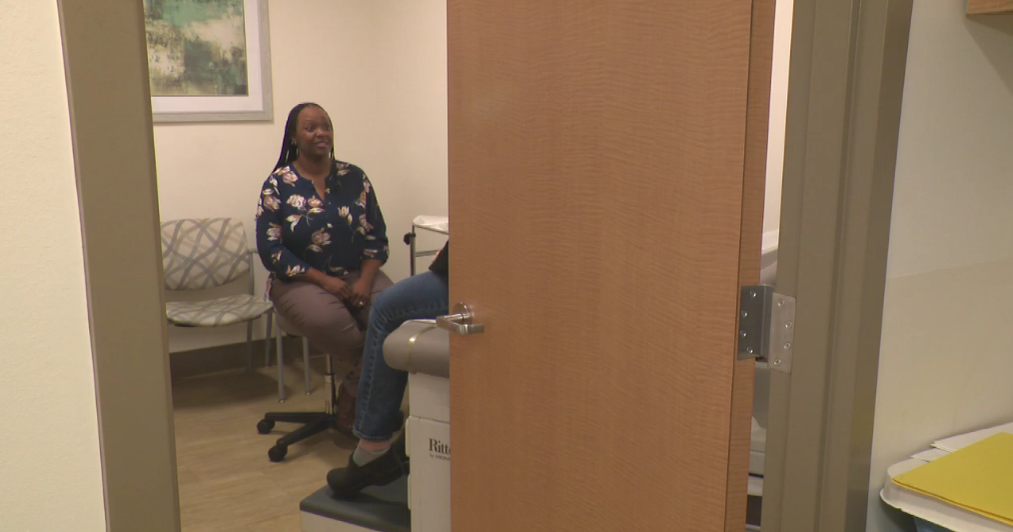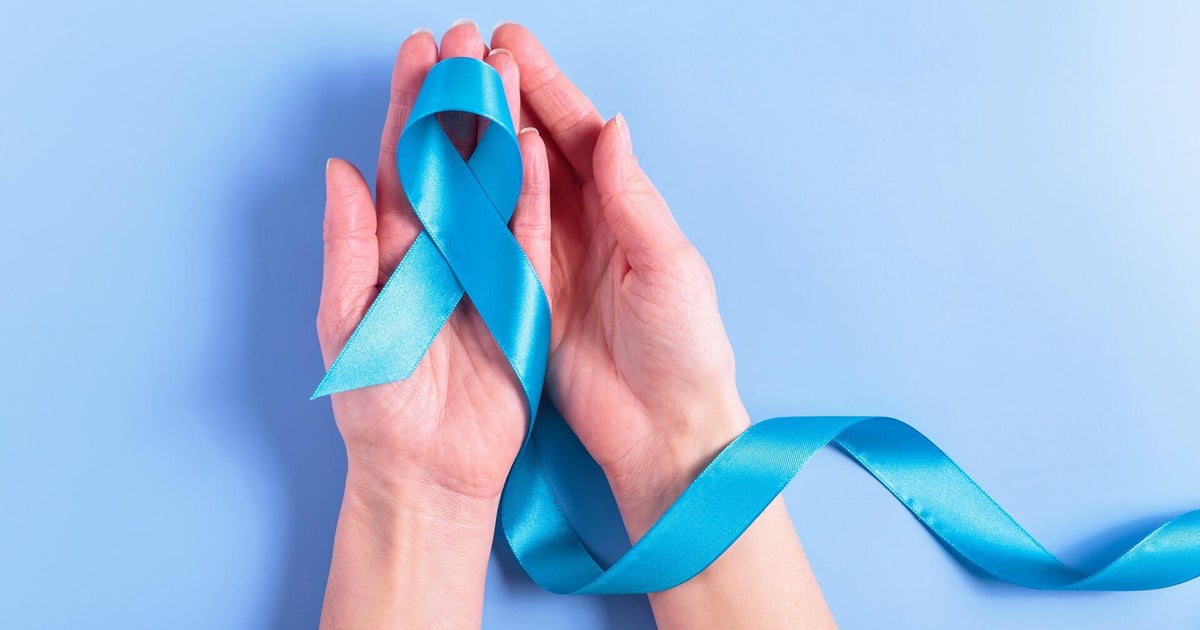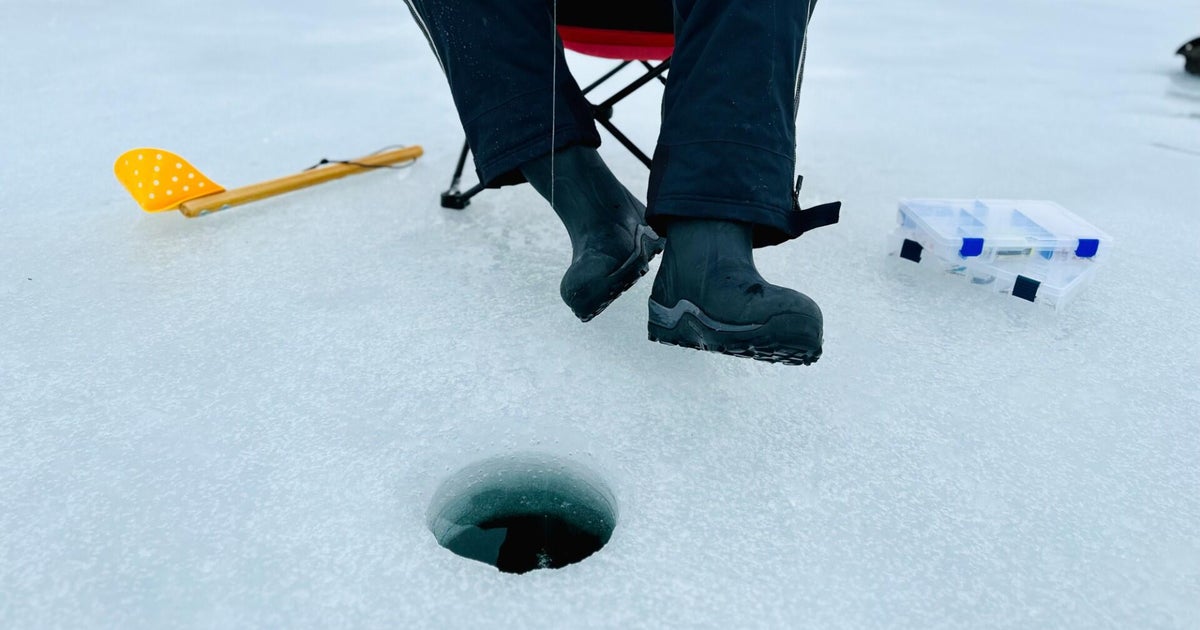How Your Health Is At Risk During A Heatwave
(CNN) --Here in Maryland we're experiencing a bit of a heat wave this week.
There are different ways your health can be put at risk during a heatwave. Here's what to know and how to protect yourself.
How your body reacts to heat
After exposure to high temperatures, many people will suffer minor and temporary ill-effects, along the lines of nausea, dizziness and fatigue, said Owen Landeg, a principal environmental public health scientist at Public Health England.
"What's important, however, is at that point we can all take steps to prevent then the more serious ill-effects of the heat," Landeg said.
This includes heat exhaustion, which happens when you become very hot and your body loses water or salt. Symptoms include headaches, weakness, muscle cramps and feeling faint or sick. Heat exhaustion could lead to heatstroke, a much more serious condition, according to Public Health England.
Heatstroke is less common, but more dangerous than heat exhaustion. It occurs when your core body temperature rises above 104 degrees Fahrenheit or 40 degrees Celsius.
At the same time you also experience profound changes in brain function -- "alterations in consciousness or mental status," Dr. Corey Slovis, a professor and chairman of emergency medicine at Vanderbilt University Medical Center, told CNN in 2017. With heat stroke, "you are at risk for permanent brain, heart and kidney damage and you are at risk for death since heat stroke is potentially fatal," he said.
Treatment involves rapidly cooling the patient using ice baths and packs and fans to get their body temperature back to normal.
Deaths and illnesses during a heatwave are mainly due to respiratory and cardiovascular diseases, according to a 2015 report by Public Health England.
How the sun can affect your health
Sunny skies and high temperatures put people more at risk of getting sunburn but it's not just a short-term discomfort.
Antony Young, emeritus professor of experimental photobiology at King's College London, warns that most of the damage caused by ultraviolet radiation is not visible to the naked eye.
Skin cancer is a delayed effect, with the condition possibly taking 20 years to appear, according to Young.
"What we see, typically six to 24 hours later, is sunburn. But that is just the, if you like visual, clinical manifestation of a huge amount of damage that starts to occur as soon as you expose your skin to the sun."
"Because we don't repair all the damage, we get changes essentially to our DNA in the skin that are the precursors of skin cancer," Young said. "Virtually all skin cancers are caused by exposure to sunlight."
Ultraviolet exposure from the sun (or sunbeds) can also accelerate the apparent age of the skin and cause more deep wrinkles.
Proper sunscreen application is a good way to protect yourself against the harms of UV radiation, said Young. A typically sized woman sunbathing in a swimsuit would roughly need 30 grams -- about 1 ounce -- of sunscreen for her entire body, "which is actually quite a lot," said Young. "People typically apply a third of that, so they get roughly speaking a third of the SPF they think they're getting. That is the problem, people just don't use their sunscreens well enough."
Young also thinks people should buy a higher SPF sunscreen to get better UV protection.
Who is most at risk during a heatwave?
Elderly people and very young children are particularly vulnerable to the effects of heat, explained Landeg.
People with chronic illnesses, such as heart disease or mental illness, are also more vulnerable during heatwaves, according to the US Centers for Disease Control and Prevention.
People with chronic conditions may be "less likely to sense and respond to changes in temperature," according to the CDC, or "taking medications that can make the effect of extreme heat worse."
If you are taking medications that affect sweating and temperature control -- diuretics, antihistamines or beta-blockers, for example -- you are also at a heightened risk during heatwaves, according to Public Health England.
What to do during a heatwave:
It's important to stay hydrated by drinking plenty of fluids. But, don't load up on sugary or alcoholic drinks as this would make you lose more body fluid. Don't be tempted to gulp down cold water as that could cause stomach cramps, according to the CDC.
Make sure your beverage will also replace the salt and minerals you have lost due to sweating -- sports drinks can do the job.
Apply sunscreen on exposed skin and wear light clothing that will reflect heat away from you.
Make sure to enjoy the warm weather in a cool space and exercise outdoors during the cooler parts of the day -- morning or evening time.
Continue taking prescribed medicines, but be cautious that some can reduce your heat tolerance, warns Public Health England.
The-CNN-Wire™ & © 2019 Cable News Network, Inc., a Time Warner Company. All rights reserved.







